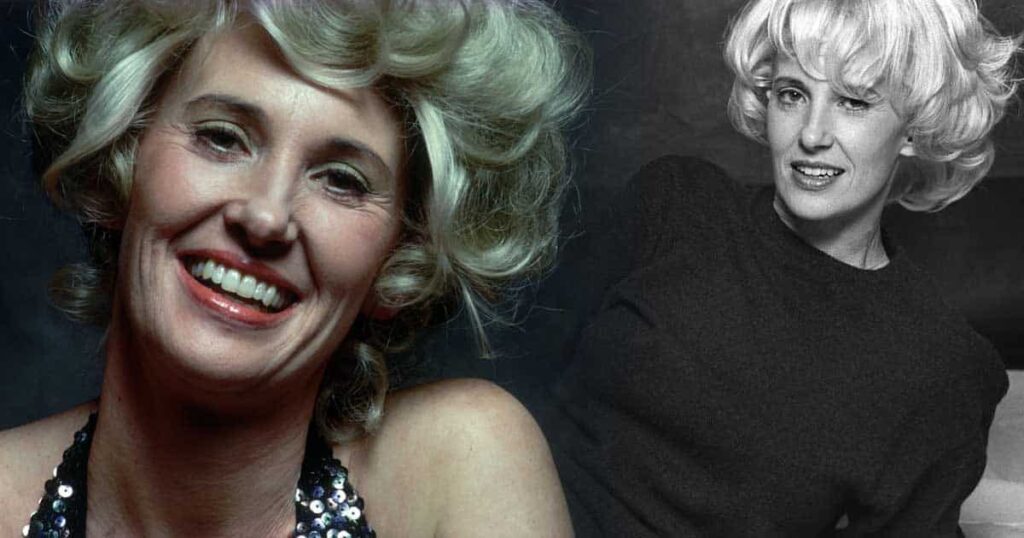
When virtue wears thin and heartbreak brews rebellion, a good girl learns how to be bad.
When Tammy Wynette released “Your Good Girl’s Gonna Go Bad” in 1967, she wasn’t merely launching a single; she was announcing her arrival as one of country music’s most emotionally resonant voices. The song, which climbed to No. 3 on the Billboard Hot Country Singles chart, marked Wynette’s first major hit and served as the title track of her debut album, Your Good Girl’s Gonna Go Bad. It cemented her as a force capable of channeling feminine vulnerability into defiant strength—qualities that would come to define her storied career.
Penned by Billy Sherrill and Glenn Sutton—two architects of the Nashville Sound—the song is a masterclass in emotional contradiction. It tells the story of a woman scorned not by infidelity alone, but by the slow erosion of self-worth in a relationship where goodness is met with indifference. Rather than plead for affection, she pivots: if virtue won’t win his love, perhaps vice will. “I’m gonna be the swingingest swinger you’ve ever had,” she declares, her voice trembling with both rage and resignation. It’s not just rebellion—it’s a woman reclaiming agency in an era when quiet suffering was the expected posture of the wronged wife.
Musically, “Your Good Girl’s Gonna Go Bad” is anchored in the lush countrypolitan style that Sherrill championed—a blend of traditional country instrumentation with pop polish. Yet beneath its polished veneer lies Wynette’s raw vocal tremble, a quiver that sounds like it’s caught between tears and fury. That voice—fragile yet unyielding—became her signature, capable of conveying oceans of sorrow in a single syllable. It’s what transformed this song from just another honky-tonk confession into a cultural mirror reflecting the silent anguish of countless women.
In many ways, this track foreshadowed Wynette’s enduring role as country music’s high priestess of heartache. Before there was “D-I-V-O-R-C-E” or “Stand By Your Man,” there was this declaration of transformation—not out of liberation, but out of emotional exhaustion. The lyrics aren’t just about going bad; they’re about what happens when being good leads to invisibility.
What makes “Your Good Girl’s Gonna Go Bad” so unforgettable is its emotional complexity. It captures a moment when moral rectitude gives way to desperation, when love doesn’t heal but hardens. In doing so, it not only launched Tammy Wynette’s career—it laid bare a truth that would echo throughout her discography: sometimes pain doesn’t break you; it remakes you.